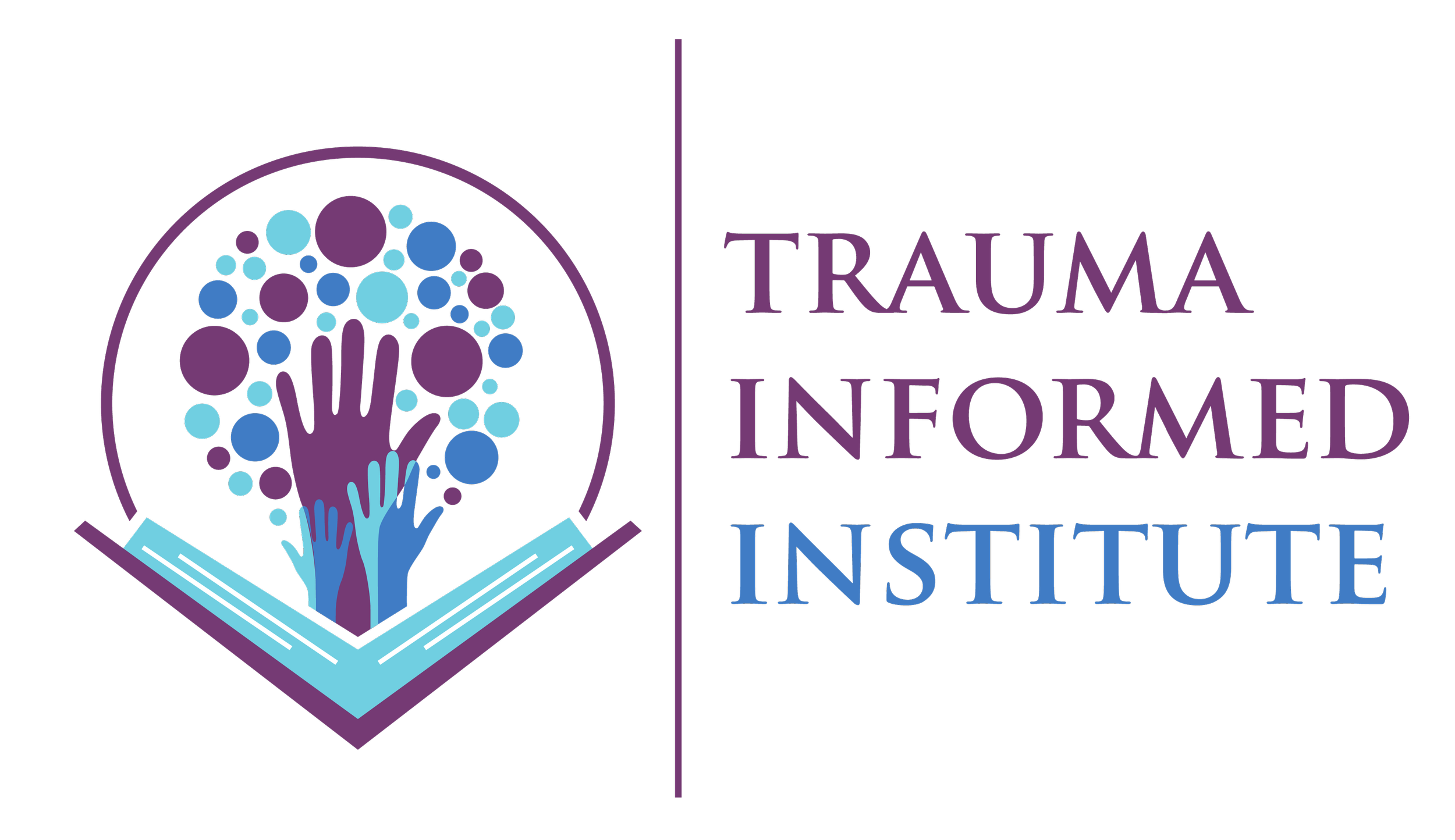Letter from CEO, Vernisha Crawford -- The Big Picture!
What if I told you that a child’s performance in school and life outcomes are more dependent on the state of the parent/guardian’s career wellness than the child’s intellect, would you believe me?
Trauma is the invisible thread that connects us all. We all have shared experiences that cross our lines of difference.
Many of us have experienced adversity in our homes and families, specifically with our parents. Others have experienced things at work. If you’re a person of color or a woman you had adverse experiences while simply running errands. And all of us with access have been exposed to the trauma of others through the media; that’s secondary/vicarious trauma.
Trauma is something that cannot be fully avoided from anyone. However, it has been used to intensify the hardship of specific groups of people and uplift the advancement of others. We have seen this happen at the birth of the United States of America and we see it still happening across the world everyday. Trauma has become an institutionalized experience that has also become normalized.
Death, Car Wrecks, Natural Disasters are forms of trauma that are a natural part of life. Bullying, Discrimination, Racism, Workplace Trauma are not. These have either been carefully designed or caused by a person or group of people looking to have some form of power over others for generations, which is intergenerational trauma.
Discrimination, Racism, Workplace Trauma are not natural.
An individual’s experience impacts how they react, interact, and respond to others and how others relate to them. This is why it’s important for us to become individually aware of what we have experienced, where it stems from, and learn the proper way to deal with it and prevent it. If we do not do this we inadvertently harm to others through repeated trauma or retraumatization.
“Imagine for a moment that every interaction you have with an adult is the inspiration of an interaction between that adult and a child. And if this is the case, (which most times it is) ask yourself “How can that child, whom I may never see or meet, have a positive experience today? What can I do or not do when engaging with this adult?”
This small shift in thinking across millions of people at a time could prevent so much harm, devastation, and loss around the globe.
Experiences impact relationships.
“This work begins with Individual Awareness then moves to Organizational Advocacy which empowers Legislative Change. It’s the thread connecting all People, experiences, and science.”. — Vernisha Crawford
Trauma-informed workplaces not only reduce trauma within the workplace, it also improves employee wellbeing, reduces adversity of children and strengthens community resilience. Shifting our mindset to trauma-informed and changing the way we work in every department, organization, and sector is how we transform lives. Many employees are working parents. Stress from the workplace can contribute to childhood adversity due to the lack of awareness, support, and resources to neutralize an overworked nervous system. The understanding and the implementation of trauma-informed approaches in the workplace can help improve the overall wellbeing of employees and have a positive impact on family dynamics, childhood experiences and the overall health of a community.


